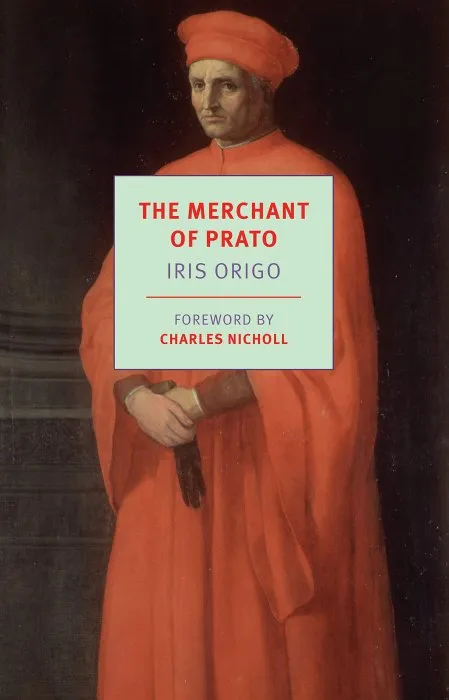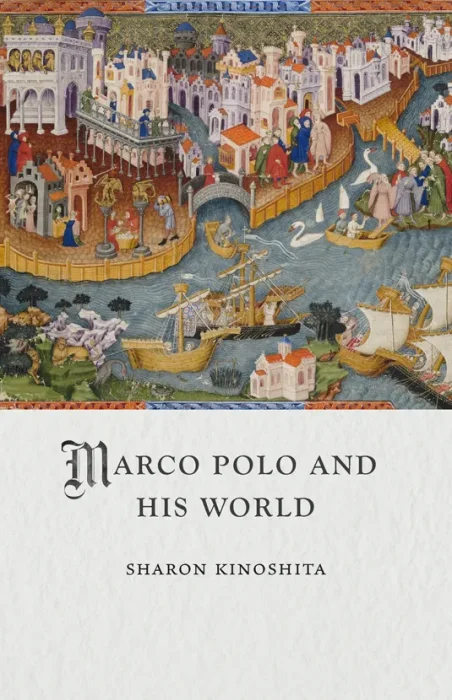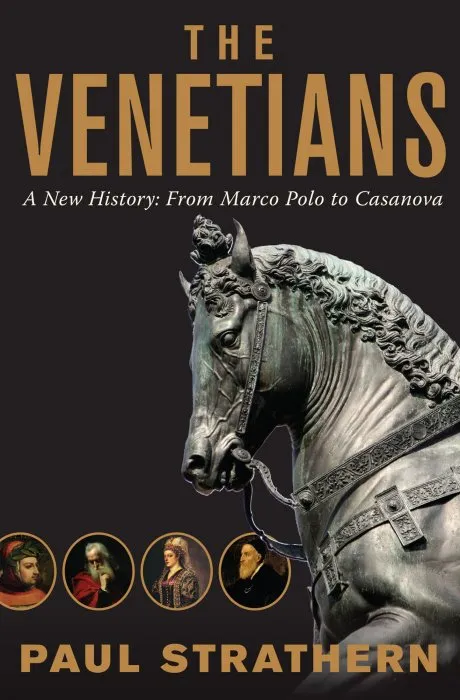The Merchant of Prato: Francesco di Marco Datini, 1335-1410 (NYRB Classics)

Date: July 14, 2020
ISBN: 168137420X
Language: English
Number of pages: 416 pages
Format: EPUB
Add favorites
A warm, intimate, and engrossing biography of Francesco di Marco Datini, who built a powerful mercantile network in fourteenth-century Tuscany, and a peerless evocation of the sensations, personalities, and everyday struggles of Italian life more than half a millennium in the past.
“For God and Profit” is how the medieval merchant Francesco di Marco Datini headed a notebook in which he kept track of his business dealings, and these were certainly his guiding lights. Born in the 1330s in the Tuscan town of Prato, the son of a poor taverner, Datini set out at the age of fifteen for Avignon, where, over the course of the next thirty-five years, he made a fortune trading in arms, armor, artworks, wool, saffron, leather, silk, and much more. Returning home, he expanded his operations, setting up offices all across the Mediterranean, which he oversaw through an unceasing flow of correspondence. When he died, Datini asked that all his papers be preserved in his house, and in 1870 they were found, a little worm-eaten and mouse-nibbled but largely intact, in a sack under the stairs. They are one of the great records not only of medieval life but of the emergence of the modern commercial world.
Drawing on this rich archive, Iris Origo offers a wonderfully vivid account of Datini’s public and private worlds. The Merchant of Prato is a masterpiece of modern narrative history.
“For God and Profit” is how the medieval merchant Francesco di Marco Datini headed a notebook in which he kept track of his business dealings, and these were certainly his guiding lights. Born in the 1330s in the Tuscan town of Prato, the son of a poor taverner, Datini set out at the age of fifteen for Avignon, where, over the course of the next thirty-five years, he made a fortune trading in arms, armor, artworks, wool, saffron, leather, silk, and much more. Returning home, he expanded his operations, setting up offices all across the Mediterranean, which he oversaw through an unceasing flow of correspondence. When he died, Datini asked that all his papers be preserved in his house, and in 1870 they were found, a little worm-eaten and mouse-nibbled but largely intact, in a sack under the stairs. They are one of the great records not only of medieval life but of the emergence of the modern commercial world.
Drawing on this rich archive, Iris Origo offers a wonderfully vivid account of Datini’s public and private worlds. The Merchant of Prato is a masterpiece of modern narrative history.
Download The Merchant of Prato: Francesco di Marco Datini, 1335-1410 (NYRB Classics)
Similar books
Information
Users of Guests are not allowed to comment this publication.
Users of Guests are not allowed to comment this publication.




